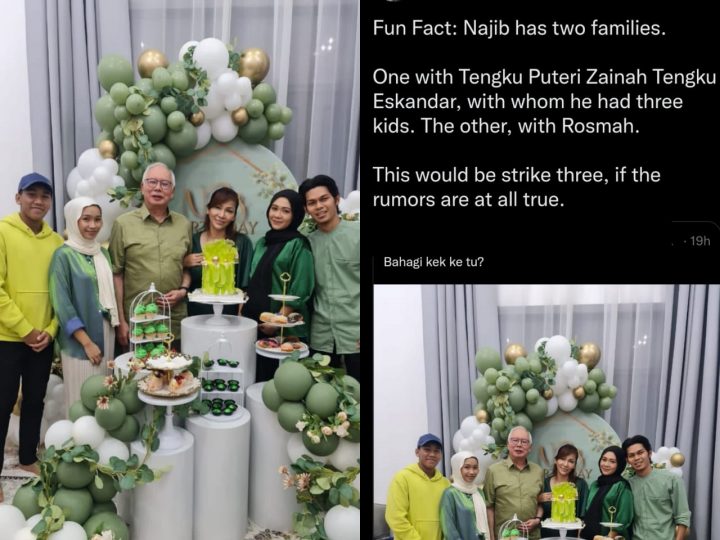Religious Affairs Minister Advises Muslims Not To Participate in Japanese Folk Festival at Shah Alam Next Month
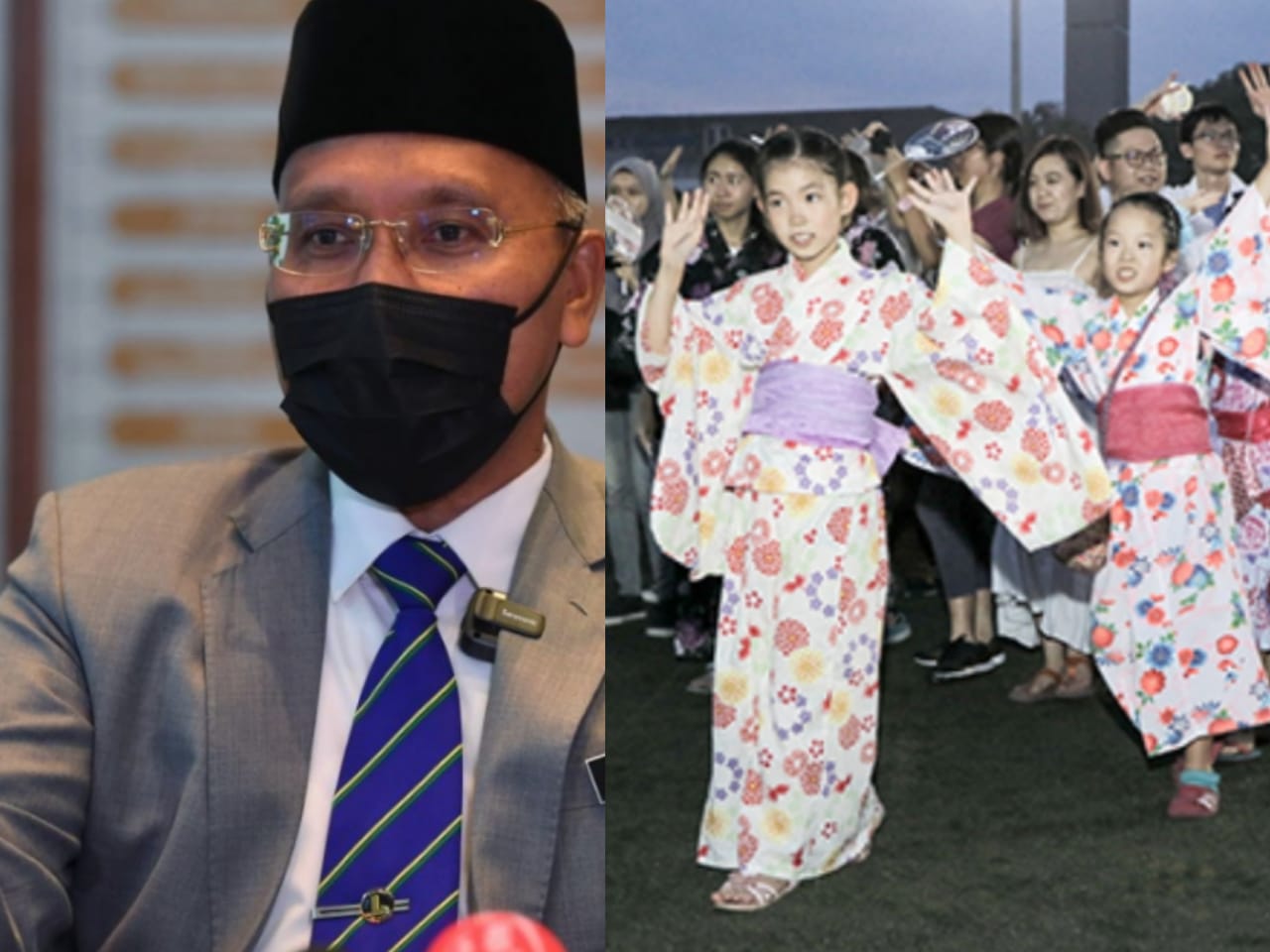 Thirsty for JUICE content? Quench your cravings on our Instagram, TikTok and WhatsApp
Thirsty for JUICE content? Quench your cravings on our Instagram, TikTok and WhatsApp
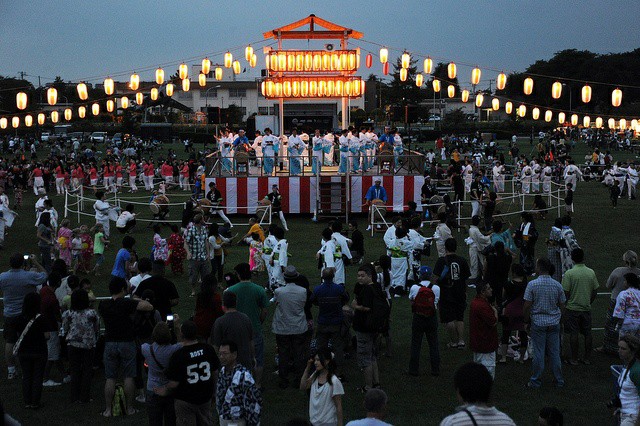
Religious Affairs Minister, Idris Ahmad has urged Muslims not to participate in the Japanese community’s yearly Bon Odori summer festival, asserting that it is “swayed by elements of other religious faiths.”
According to Idris, JAKIM, the Islamic development department, conducted studies that indicated the presence of such influences in the ceremony.
“We are advising Muslims not to partake in the festival or any other curricula that are contrary to their faith and creed,” Idris explained.

He presented his plea to the media yesterday upon attending the launch event for the Selangor Islamic Education Foundation’s (Yapis) Education Complex Project.
Consequently, the promotional poster for the Shah Alam festival has received backlash on social media as it depicts an anime illustration of a hijab-wearing woman in a kimono, prompting displeased netizens to comment on how it was a “blatant clash between cultures”.
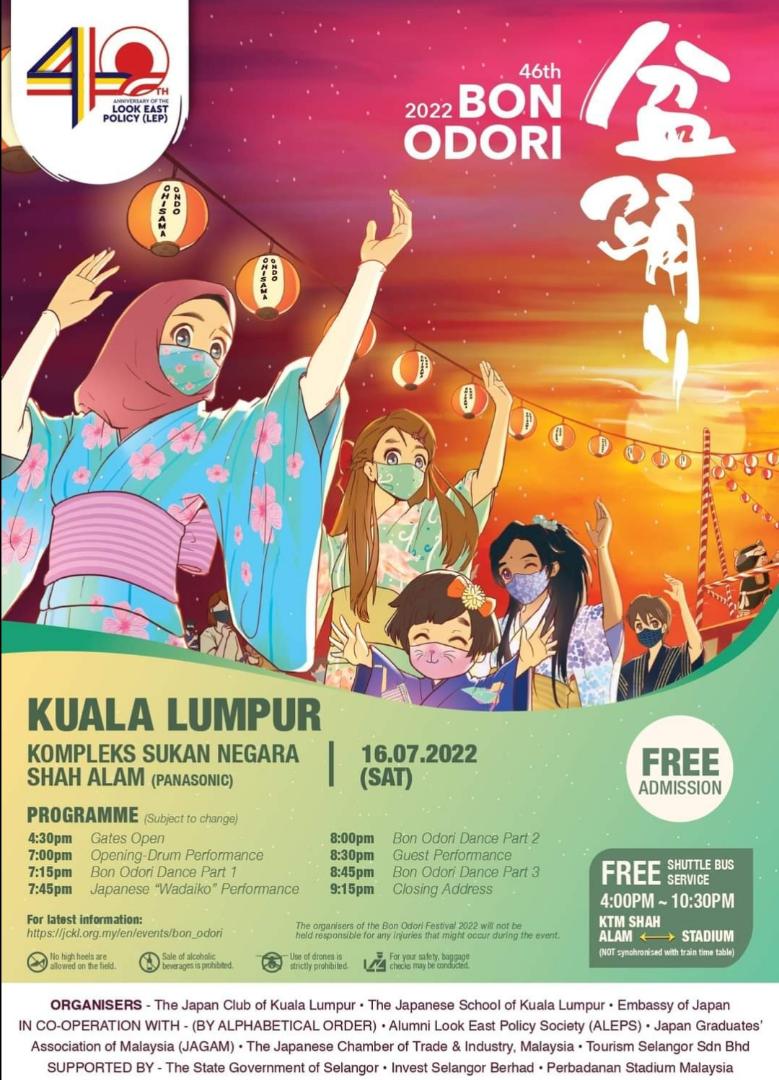
Meanwhile, on the opposing end, some netizens chided the minister’s suggestion, noting that the fear of Muslims becoming influenced by an event only showcased his personal fragile perspective of Muslim citizens, and was contradictory to Malaysia’s multicultural nature.

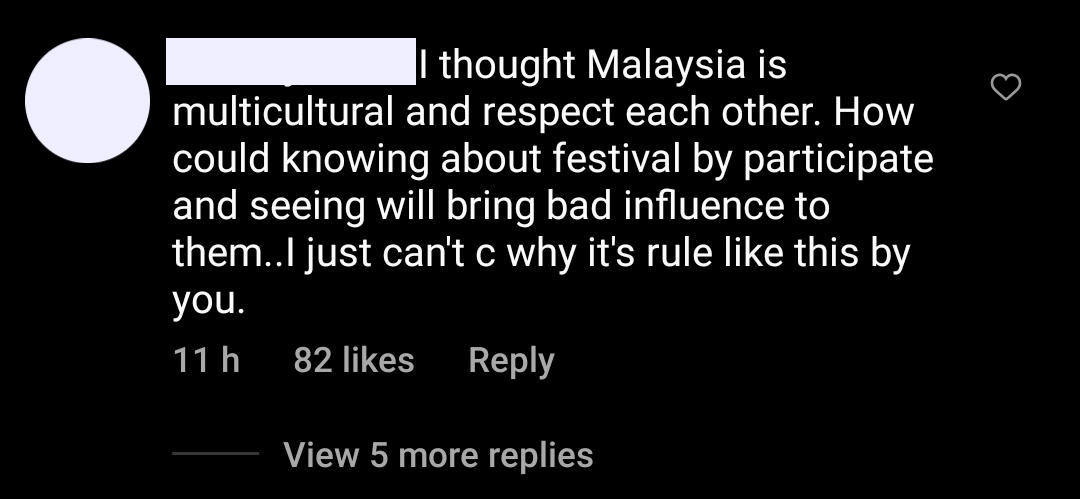
Shah Alam councillor Muhammad Shakir Amir also expressed his disagreement with the federal minister, claiming that “PAS has demonstrated its ignorance and lack of comprehension on Malaysia’s cultural diversity.”
He also stated that Shah Alam benefitted greatly from strong diplomatic ties with Japanese companies, and questioned why the advice for Muslims came only after over three decades of Bon Odori celebrations in the country without incident.
“In Malaysia, Bon Odori has been celebrated for over 30 years. It has been marketed and honoured over the years, with commercial or community centres catering to non-Japanese as well. Because of the Japanese influence, there are many manga and anime fans in Malaysia.
“This is something that a party like PAS can not understand. They are only concerned with judging others and will never consider the wider context of nation-building.
“There are a significant number of Japanese expatriates living here. To accommodate the Japanese community, we even have a Japanese school. It is only logical for them to commemorate their cultural celebrations through community clubs or associations,” said Shakir in a statement.
The annual Bon Odori festival, coordinated by Malaysia’s Japanese community, was last held in 2019. Due to Covid-19, the ceremony was put on hold for an extended duration.
This year, it will be held on July 16 in Shah Alam, and on July 30 in Penang.
One of the promoters, the Japan Club of Kuala Lumpur, defines the Bon Odori festival as “a modest affair for Japanese expats to engross their children in Japanese culture, circa 1977.”
It is now a much-anticipated annual event, attracting approximately 35,000 attendees each year.
The event, which is endorsed by the Selangor state government, is set to begin at 4.30pm and will include a drum performance and the Bon Odori dance in three parts, among other activities.
Between 7pm and 9.30pm, there will be a Japanese “wadaiko” performance, as well as a surprise guest appearance.

This year also marks the 40th anniversary of Malaysia’s Look East policy – an initiative of former Prime Minister Tun Dr. Mahathir bin Mohamad formed with the intention for Malaysians learn from the experiences of Japan (and Korea) in the nation-building of Malaysia.
Dr M believed that the key to Japan’s progress and remarkable advancement lay in its labour ethics, morale, and management efficiency.
The programme is divided into two parts. The first is to send Malaysian students to Japanese universities and technology establishments. The second option is to send trainees to Japanese industries and training facilities.
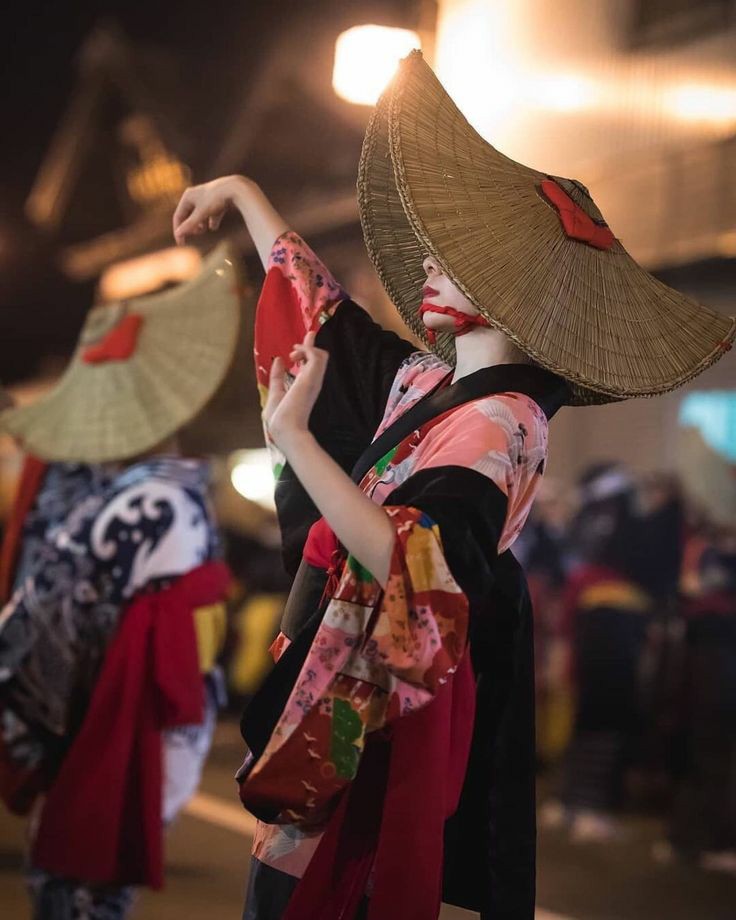
According to the Bon Odori Facebook page, there are several traditional dances in Japan, but one of the most well-known and prominent is the Bon dance, also known as “Bon Odori” in Japanese. Every summer, the Bon Festival is held in every district in Japan.
The word ‘Bon’ signifies the welcoming of the souls of ancestors. Every year in August, there is a Bon week, during which all family members may assemble to hold a ceremony for their ancestors in a nostalgic manner.
This tradition stems from Chinese Buddhism, and has similarities to the act of praying to and respecting ancestors as seen in other Chinese cultural celebrations.
Throughout the ceremony, people flock to nearby open spaces or parks to dance to traditional Japanese music. The tunes should be joyful, to properly greet the souls of the ancestors, and it is everybody’s responsibility to create a pleasant, mystical, and inviting environment.
Moreover, the Bon Dance is held at night because Japanese people believe that ancestors’ souls return at sundown.
The page also proudly explains that despite technological advancement in Japan over the last century, the Japanese people have not neglected their traditional roots, and will continue to revere this tradition and respect their ancestral backgrounds.

 Get Audio+
Get Audio+ Hot FM
Hot FM Kool 101
Kool 101 Eight FM
Eight FM Fly FM
Fly FM Molek FM
Molek FM